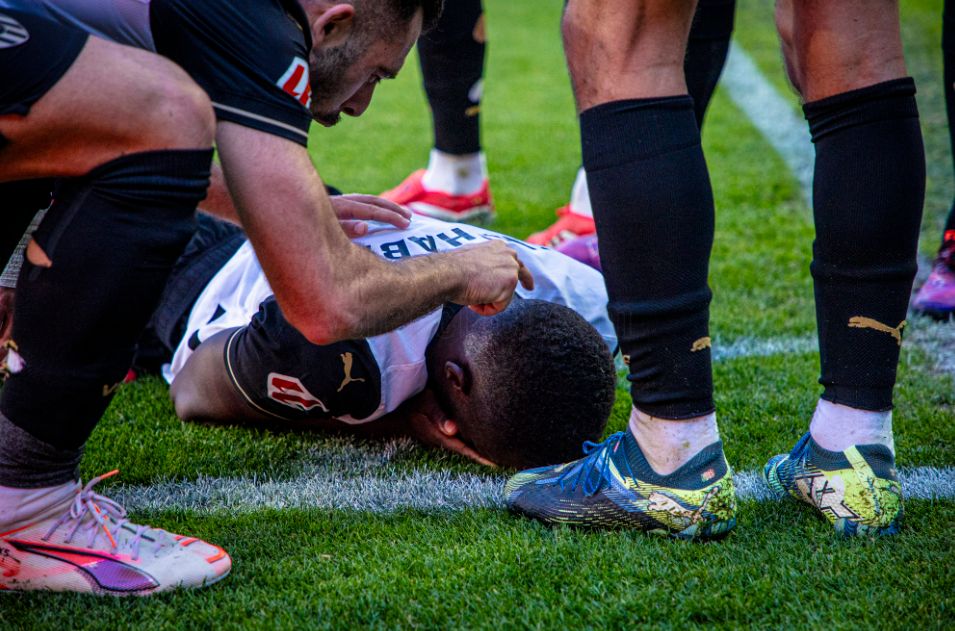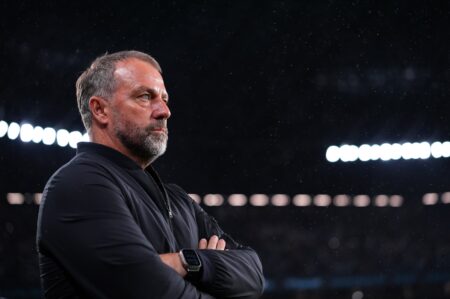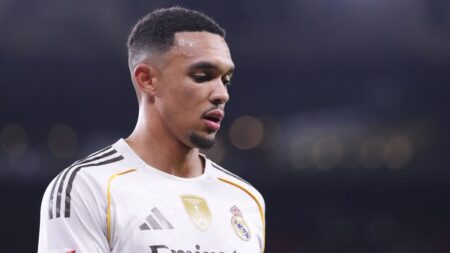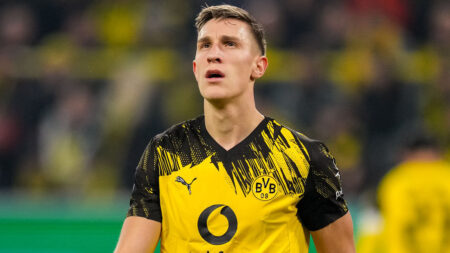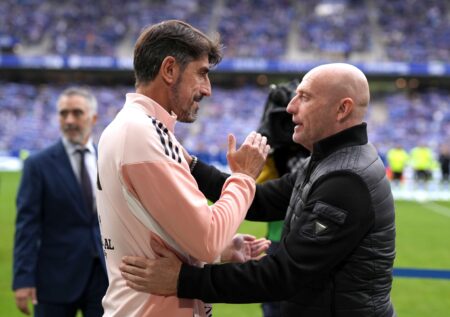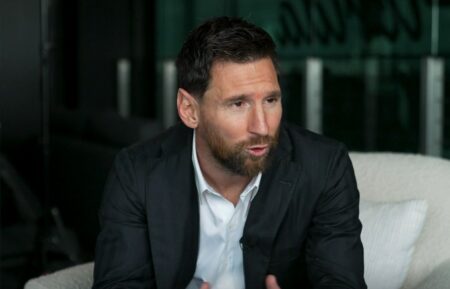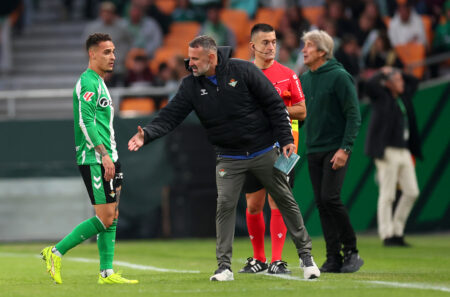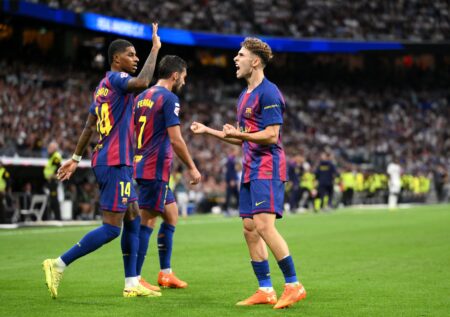A History of Alleged Racist Abuse in Spanish Football
Spanish football has unfortunately been marred by numerous instances of alleged racial abuse over the years, reflecting a broader societal issue that continues to challenge the sport and its institutions. One such significant incident involved Valencia defender Mouctar Diakhaby, who found himself at the center of a controversial situation in 2021. During a match against Cadiz at Valencia’s home ground, the Mestalla, Diakhaby claimed that Cadiz defender Juan Cala had racially abused him. The claim sent shockwaves through the football community, highlighting the persistent problem of racism in the sport. However, a subsequent report by La Liga, Spain’s top football league, concluded that there was no evidence to support Diakhaby’s allegations. This discrepancy between Diakhaby’s experience and La Liga’s findings has left a lasting scar on the player and the league’s reputation.
Diakhaby’s Perspective on La Liga’s Response
Despite the official report, Diakhaby has consistently maintained his stance, expressing his dissatisfaction with La Liga’s handling of the situation. In a recent media interview on Thursday (via MD), he candidly addressed his feelings about the incident and its aftermath. "I’m going to be clear, in my case La Liga protected the player… And that’s it. I felt that when my case occurred, La Liga did not act as it should, simply, and that when it was other players, they do investigate and do more. The president of La Liga does not come out to say strange things that we have misunderstood and things like that." Diakhaby’s comments reveal a deep sense of betrayal and a belief that the league’s response lacked the necessary vigor and integrity. His frustration underscores the broader issue of inconsistent and often inadequate reactions to racial abuse in football, which can leave players feeling unsupported and vulnerable.
The Impact on Diakhaby’s Trust
The incident with Juan Cala and La Liga’s subsequent investigation have had a lasting impact on Diakhaby’s trust in the league’s efforts to combat racism. When asked about his willingness to support La Liga’s anti-racism initiatives, he responded with skepticism. "I couldn’t tell you if I would wear it or not today. I wouldn’t get behind a banner to be the guy who agrees with what they’re doing. Yes, that’s fine, but we have to do better. I felt undefended and I didn’t feel on that banner." Diakhaby’s reluctance to endorse these initiatives highlights the gap between the league’s rhetoric and its actions. It is clear that for Diakhaby, a mere banner or public statement is insufficient to address the deep-seated issues he and other players face.
The Vinicius Junior Case: A Different Perspective
In 2023, another high-profile case of racial abuse emerged, this time involving Real Madrid’s Vinicius Junior. During a match against Valencia, Vinicius was subjected to racist chanting from the stands, a different form of abuse compared to Diakhaby’s experience with Juan Cala. When asked whether he would compare his case to Vinicius’s, Diakhaby was firm in his response. "No. Every case is different. I’m no more than that more has been said about Vinicius than about me. They are cases of racism, in different times, in different places and you have to identify that it was very different. His was a fan and mine was a player. They are different cases, but there is no comparison." Diakhaby’s distinction emphasizes the nuanced nature of racial abuse in football, where the perpetrator can be a fan, a player, or a combination of both, each situation requiring a tailored response.
The Broader Context of Racism in Football
Diakhaby’s experience is part of a larger context of ongoing racial issues in football. The sport has made strides in recent years to address racism, but the inconsistencies in how cases are handled and the lack of clear, effective policies remain problematic. For Diakhaby, the noise and public attention surrounding the Vinicius case do not diminish the importance of his own situation. "I was not bothered by the noise because they are important things. We are not going to hide what has happened. I believe in what I see and what I hear." His words reflect a determination to keep the conversation about racism in football alive and to ensure that his voice and the voices of other affected players are heard and taken seriously.
Moving Forward: A Call for Better Action
Ultimately, Diakhaby’s stance serves as a call for better action from football authorities, including La Liga. The discrepancy between his experience and the official report, as well as his reluctance to support the league’s anti-racism efforts, highlights the need for more robust and consistent measures to protect players and create a safer, more inclusive environment. His experiences and those of Vinicius Junior underscore the urgency of addressing racism in football, not just as isolated incidents but as part of a systemic problem. For Diakhaby, the fight against racism is ongoing, and he remains committed to advocating for change, even if it means standing apart from the league’s efforts.

